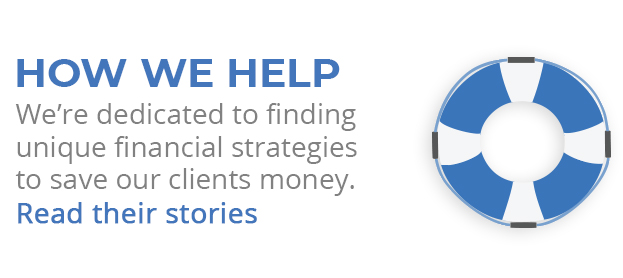
Why do people open up Health Savings Accounts in conjunction with high-deductible health insurance plans? Well, here are some of the compelling reasons why younger, healthier employees decide to have HSAs.
#1: Tax-deductible contributions. These accounts are funded with pre-tax income – that is, you receive a current-year tax deduction for the amount of money you put into the plan. Your annual contribution limit to an HSA depends on your age and the type of high-deductible health plan (HDHP) you have in conjunction with the account. For 2017, limits are set at $3,400 (individual plan) and $6,750 (family plan). If you are 55 or older, those limits are nudged $1,000 higher.
#2: Tax-free growth. In addition to the perk of being able to deduct HSA contributions from gross income, the interest on an HSA grows untaxed. (It is often possible to invest HSA assets.)
#3: Tax-free withdrawals (as long as they pay for health care costs). Under federal tax law, distributions from HSAs are tax-free as long as they are used to pay qualified medical expenses.
Add it up: an HSA lets you avoid taxes as you pay for health care. Additionally, these accounts have other merits.
You own your HSA. If you leave the company you work for, your HSA goes with you – your dollars aren’t lost.
Do HSAs have underpublicized societal benefits? Since HSAs impel people to spend their own dollars on health care, the theory goes that they spur their owners toward staying healthy and getting the best medical care for their money.
The HSA is sometimes called the “stealth IRA.” If points 1-3 mentioned above aren’t wonderful enough, consider this: after age 65, you may use distributions out of your HSA for any purpose; although, you will pay regular income tax on distributions that aren’t used to fund medical expenses. (If you use funds from your HSA for non-medical expenses before age 65, the federal government will hit you with a 20% withdrawal penalty in addition to income tax on the withdrawn amount.)
In fact, you can even transfer money from an IRA into an HSA – but you can only do this once, and the amount rolled over applies to your annual IRA contribution limit. (You can’t roll over HSA funds into an IRA.)
How about the downside? In the worst-case scenario, you get sick while you’re enrolled in an HDHP and lack sufficient funds to pay medical expenses. It is worth remembering that HSA funds don’t pay for some forms of health care, such as non-prescription drugs.
You also can’t use HSA funds to pay for health insurance coverage before age 65, in case you are wondering about such a move. After that age limit, things change: you can use HSA money to pay Medicare Part B premiums and long-term care insurance premiums. If you are already enrolled in Medicare, you can’t open an HSA; Medicare is not a high-deductible health plan.
Even with those caveats, younger and healthier workers see many tax perks and pluses in the HSA. If you have a dependent child covered by an HSA-qualified HDHP, you can use HSA funds to pay his or her medical bills if that child is younger than 19. (This also applies if the dependent child is a full-time student younger than 24 or is permanently and totally disabled.)
Who is eligible to open up an HSA? You are eligible if you enroll in a health plan with a sufficiently high deductible. For 2017, the eligibility limits are a $1,300 annual deductible for an individual or a $2,600 annual deductible for a family.
Your employer may provide a match for your HSA. If an HSA is a component of an employee benefits program at your workplace, your employer is permitted to make contributions to your account.
With the future of the Affordable Care Act in question, and more and more employers offering HSAs to their employees, perhaps people will become more knowledgeable about the intriguing features of these accounts and the way they work.

About the Independent Financial Advisor
Robert Pagliarini, PhD, CFP®, EA has helped clients across the United States manage, grow, and preserve their wealth for the past 25 years. His goal is to provide comprehensive financial, investment, and tax advice in a way that was honest and ethical. In addition, he is a CFP® Board Ambassador, one of only 50 in the country, and a real fiduciary. In his spare time, he writes personal finance books, finance articles for Forbes and develops email and video financial courses to help educate others. With decades of experience as a financial advisor, the media often calls on him for his expertise. Contact Robert today to learn more about his financial planning services.










